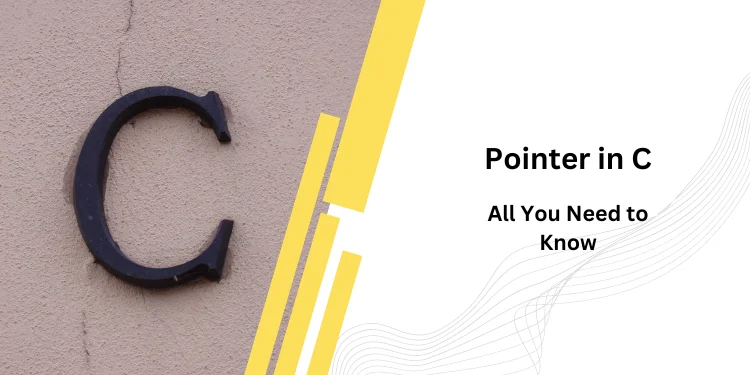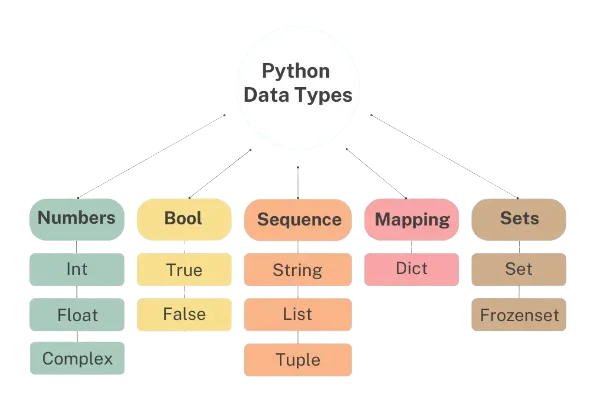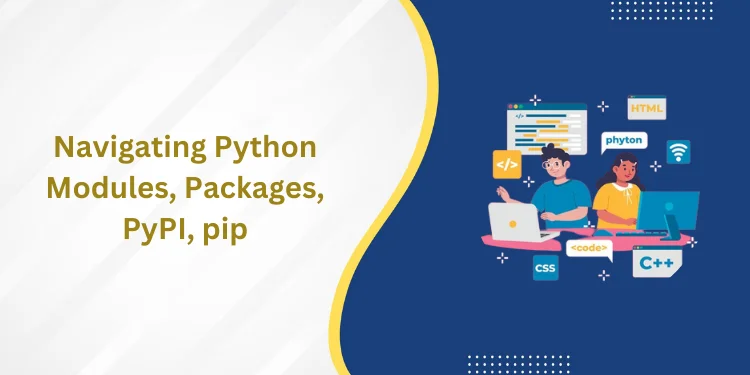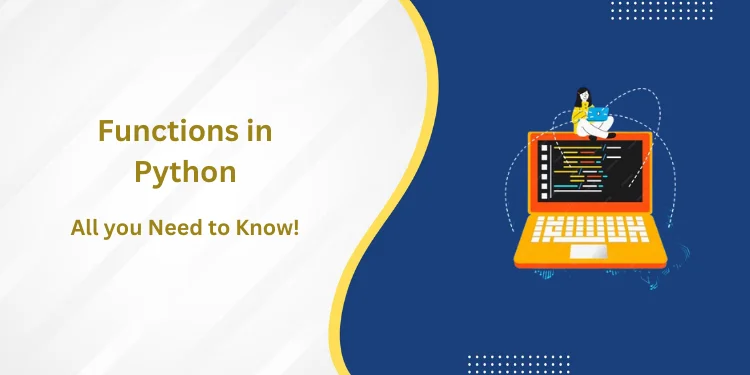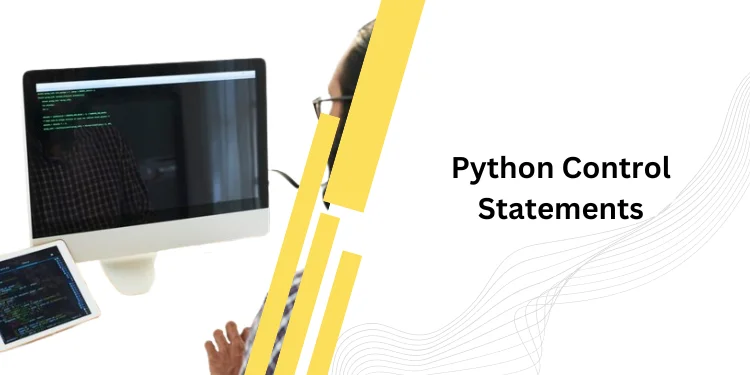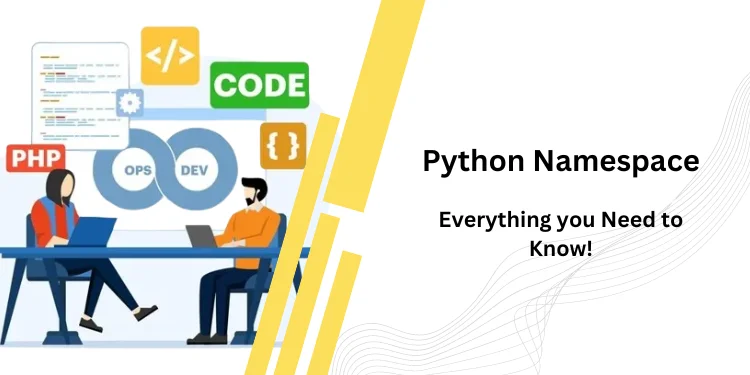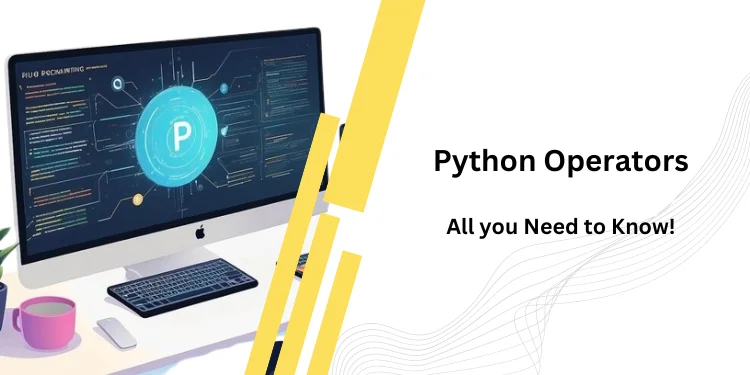Table of Contents
ToggleIntroduction
When it comes to programming pointers in C are an essential concept for any programmer to understand. Pointers in C enable a programmer to efficiently manage memory in a program, allowing them to store and access data in dynamic and creative ways. In this article, we will be introducing the basics of pointers in C and exploring the benefits and challenges they can present.
First off, what is a pointers? A pointers in C is a variable that stores the address of another variable in memory. This means that a pointers in C contains a reference to another piece of data. Pointers allow us to manipulate data at its address without having direct access to the value itself. This makes it possible for us to create effective memory management for our programs.
The main benefit of using pointers in C is improved memory allocation. By referencing the address of variables rather than the variable itself, we are able to more efficiently allocate space on our computer’s memory stack for our program’s data. When a pointer is used instead of storing the actual value of the variable in memory, less space needs to be taken up since only an address needs to be stored rather than an entire variable.
Another benefit provided by pointers in C is greater flexibility in manipulating our variables by allowing us access directly at their addresses rather than having direct access only with their values themselves. This allows us greater control over which values we can use when working with variables and provides us with better ability to modify those values while our program is running.
To effectively use pointers in C, there are several key operators that you’ll need to become familiar with: Address & Variables, Dereferencing Operators and Pointer Arithmetic operators such as * (asterisk) or > (arrow operator).
Pointer Basics
Pointers are one of the most essential elements of programming in C. They are powerful tools that allow you to store, access, and manipulate memory in various ways. This can make your code more efficient and allow for better control over your data structures. But before delving into complex pointers, you must understand the basics of pointers to be able to use them correctly.
Let’s start with a basic concept: Memory address. A memory address is the location in memory where a variable’s value is stored. When you declare a pointer, you store the memory address of your variable in that pointer, allowing you to access it easily and quickly.
The reason why pointers are so powerful is because they allow you to access elements of an array or structure directly, instead of needing to loop through them each time. You can also dereference a pointer—that is, retrieve its value—by using an asterisk (*). By dereferencing a pointer, you can assign values to variables inside the structure without having to loop through each element manually.
Finally, there are two operations used in conjunction with pointers: allocating memory and assigning values. The former involves requesting memory space from the operating system while the latter involves assigning values to variables within a structure or array without having to go through each element one by one. Both operations require careful attention as they can lead to data corruption if not done properly!
In addition, math operations can be used with pointers as well! For example, if your pointer points at a given index in an array, then it can be incremented or decremented according to how much space has been allocated for that array. This allows for quick navigation between different locations in the array.
Learn Coding anywhere:- Best Data Science Full Course in India
Pointer Types
Understanding the fundamentals of pointer types can help you to become more proficient in coding with C. In this blog, we cover key points in the topic of pointer variables, so you can become well versed in the matter.
The primary concept to understand is that a pointer is not the same as a variable, but rather it holds the memory address location of a given variable. While variables store information directly – such as numerical or character values – pointers store memory location addresses that contain certain data. To access the data stored at a certain memory location, you must dereference your pointer by using an address operator.
When working with pointers, it’s important to keep track of different types. Pointers come in different varieties such as wild, generic, and const correct pointers. Wild pointers are uninitialized and lack an assigned value; generic pointers are initialized before use; and const correct pointers are declared to refer to constant values which can’t be changed once declared.
Pointers also work with arrays and provide direct access to data stored in them, while simultaneously referring to multiple items located at various memory locations. This makes it easier to use loops when working with arrays since they allow for efficient manipulation of each element within them using their corresponding memory address locations.
In addition to understanding which type of pointer should be used for specific tasks and how they refer to memory locations for manipulating array data, knowledge of two operators – the address operator and reference operator – is crucial in programming with C. The address operator refers requests for addresses from pointers while reference operators return values from pointer to locations in memory.
Declaring and Initializing a Pointer
Are you just starting out with programming in C? Understanding pointers can be an essential part of mastering the language and declaring and initializing them is one of the first steps. In this blog, we’ll cover what a pointer is, the purpose they serve, and how to declare and initialize a pointer in C.
Purpose of Pointers in C
By understanding pointers in C, you can increase the efficiency of your code by avoiding redundancies or unnecessary operations.
- First, since pointers can hold addresses to other values stored in memory, it eliminates any need for copying data from one place to another when transitioning between functions.
- Second, because you can pass arguments by reference using pointers, doing so can eliminate any potential for an unintended side effect if two functions are both manipulating data at the same time.
Initializing Syntax
Creating a pointers in C requires using the asterisk (*) operator following a data type. For example, to create an integer pointer called my_ptr, the syntax is as follows:
int *my_ptr;
This creates a variable of type “pointer to int,” allowing it to store the address of any integer variable. To initialize this pointer, you’d assign it an address like this:
my_ptr = &some_variable;
// Where ‘some_variable’ is some existing int variable
The ampersand (&) operator is used here to get the address of some existing int variable, which can be stored in the newly-created my_ptr pointer.
Accessing Data Through a Pointer
Accessing data through a pointer is an important concept for anyone who works with C programming. A pointer is a data type that can store memory addresses, allowing you to point (or reference) one data value to another. To access the data, you must use the address dereference operator, which uses the indirection operator (*) followed by the pointer name.
When declaring and initializing a pointers in C, you must specify the data type of your pointer so that when you access it, you are accessing elements of that same type. Once declared and initialized, a pointer can be used to address different memory locations within your program an access those data values in different ways.
Pointer arithmetic is also an important concept when dealing with pointers in C programming. When referring to different memory locations within your program, this allows for calculations such as incrementing or decrementing a variable holding the address and adding/subtracting from it. This allows for looping over arrays and other operations on them quickly and efficiently using pointers.
Using pointers in C properly can help improve the performance of your code, so mastering how to use them correctly is essential for any C programmer. Understanding concepts like pointing/referencing data and address dereference operators will help you make sure that you can get accurate results from your code and maximize its performance at the same time.
Arithmetic Operations on a Pointer

Arithmetic operations on pointers in C are a critical concept for any programmer working with the C language. In this article, we’ll discuss various techniques and considerations related to pointer arithmetic and address manipulation.
To begin, pointers in C arithmetic involves the use of numerical values to modify the base address of a pointer. This allows you to apply operations such as incrementing or decrementing memory addresses, allocate memory for data storage, and deallocate memory when it is no longer needed. This technique can also be used to change the offset addresses of variables in a particular segment of memory and calculate the size differences between various data types.
When performing arithmetic operations on pointers, you must keep in mind that allocating or deallocating too much memory can cause your program to crash or generate incorrect results. Similarly, changing the offset addresses of variables within a given segment may cause compiler warnings if not implemented correctly. As such, it’s important that you pay close attention to your data type sizes when manipulating pointers in order to maintain accuracy and avoid unwanted scenarios.
In conclusion, pointer arithmetic is an essential concept for any programmer working with C language applications. By understanding how to manipulate addresses, allocate and deallocate memory correctly, manage offset addresses appropriately, and adjust for data type size discrepancies correctly, you will be able to get more out of your programming projects in terms of accuracy and performance optimization.
Dynamic Memory Allocation with the Help of a Pointer
Dynamic memory allocation is an important concept in C programming that involves using pointers to allocate and manage memory at runtime. By utilizing pointers in conjunction with dynamic memory allocation, you can ensure that your programv2.s memory is correctly optimized for the task at hand. In this blog, we’ll explore how dynamic memory allocation works with pointers to create a dynamic heap segment in C.
In order to understand how dynamic memory allocation works, let’s take a look at the concepts of static and dynamic memory management. Static memory management involves predeclaring the amount of space needed for data before execution. This means that all of the necessary space is allocated in advance and cannot be adjusted after execution has begun. Dynamic memory management, on the other hand, involves allocating and deallocating storage during program execution as needed instead of predeclaring it all in advance.
Pointers are essential elements when it comes to dynamic memory allocation in C because they allow us to reserve spots in the heap segment for data on demand rather than having to manually set aside large chunks of storage from other areas of our system before program execution even begins. The heap segment is a special area of system RAM that stores variables with unknown bounds (i.e., variables whose size could potentially change during execution). When using pointer variables for dynamic memory allocation, it’s important to remember that each variable will consume a particular amount of space due to its type (e.g., int) and size (e.g., 4 bytes).
Pointers in C for Effective Programming

Utilizing your understanding of pointers in C for effective programming is an important tool that can help you get the most out of your development projects. There are several fundamentals of pointers in C that you should understand in order to effectively program with them.
Memory addresses are an integral part of working with pointers. In C, memory addresses are essentially locations where data is stored or accessed. You can access memory addresses using address operators such as the ampersand sign (&) or asterisk symbol (*). These operators allow you to literally point to different parts of your code which is essential when working with pointer variables.
Array and structure references are also important when working with pointers in C. These references allow you to access and manipulate data more efficiently by referencing an array or structure instead of having to use a large number of variables. This makes it easier to manage data, save space, and keep organized code.
Dynamic memory allocation is also an important part of using efficiently pointers in C. This method allows you to allocate memory at runtime rather than having to compile every new object or variable beforehand. This also reduces memory usage by only allocating what is being used at any given time rather than relying on predefined objects that can take up needless space if not needed for a task at hand.
Pointer arithmetic is the practice of manipulating pointer values based on certain calculations or conditions. By understanding this concept, you can easily populate arrays and structures by pointing and incrementing their values accordingly during runtime rather than doing so manually within your code each time they are used.
Conclusion
When it comes to programming in C, understanding pointers is essential. Pointers provide a way to store and access data in memory, and they can be incredibly powerful tools when used correctly. By having an understanding of what pointers are, how they work, and the different types available of pointers in C, you can become a much more efficient programmer.
As you progress through your understanding of pointers in C, keep in mind the fundamental principles. Pointers are variables that reference memory addresses; they enable us to access data within those addresses. Additionally, each pointer type has specific data types that it can point to; for example, an int pointer points to an integer value stored in memory.
It’s important to note that each type of pointers in C has its own set of advantages and disadvantages: int pointers are usually used when precise values need to be accessed quickly or when a large amount of data needs to be accessed sequentially; char * pointers are useful for accessing strings; void * pointers can point to any type of data but cannot be dereferenced until the type is known; and function pointers allow us access functions without knowing their names. When working with these various pointer types, it’s crucial that you take into account the size and scope of your project so as to ensure efficient use of resources.
By taking the time to understand pointers in C, you’ll be able to write better code faster while also making sure your code performs optimally. While this field is vast and intimidating at first glance, by ma stering each concept one at a time you can develop into a proficient programmer who knows how best leverage each type of pointer for their given purpose.

